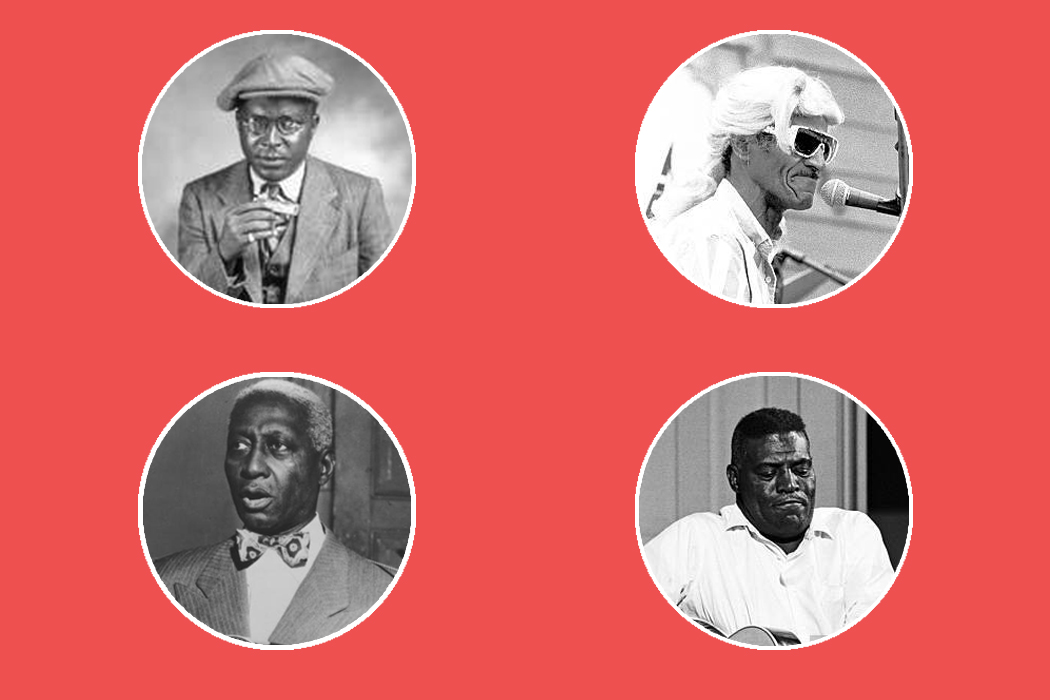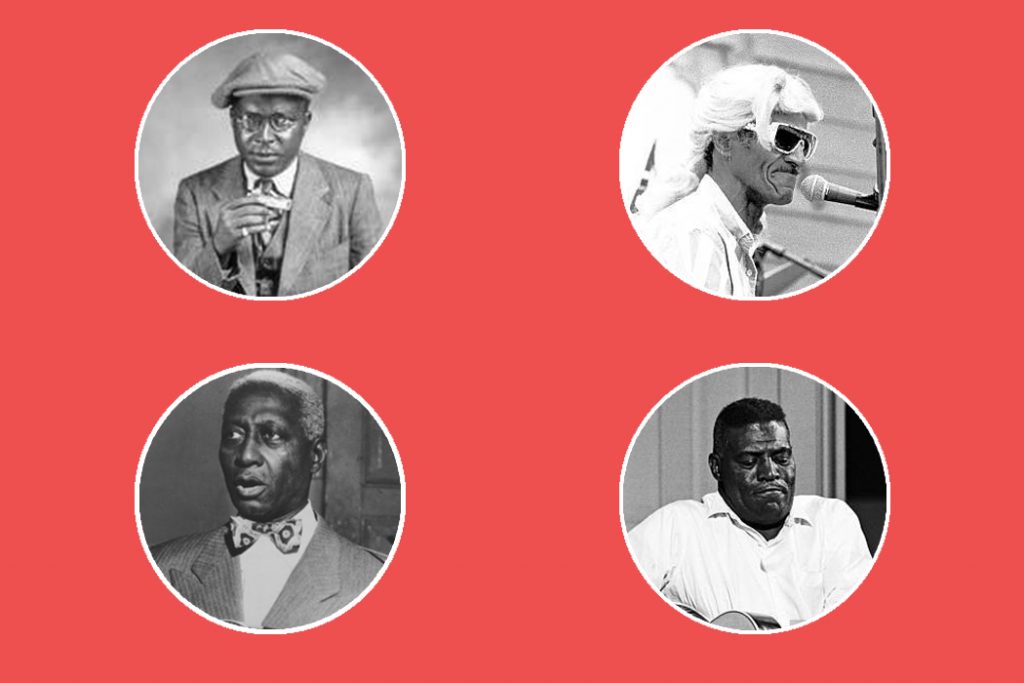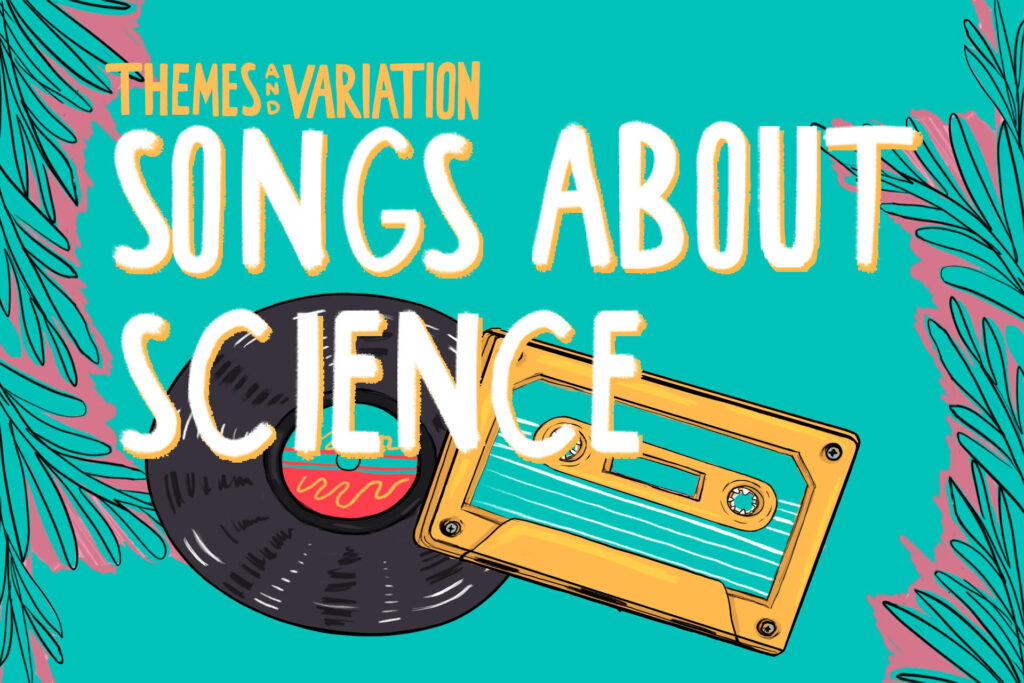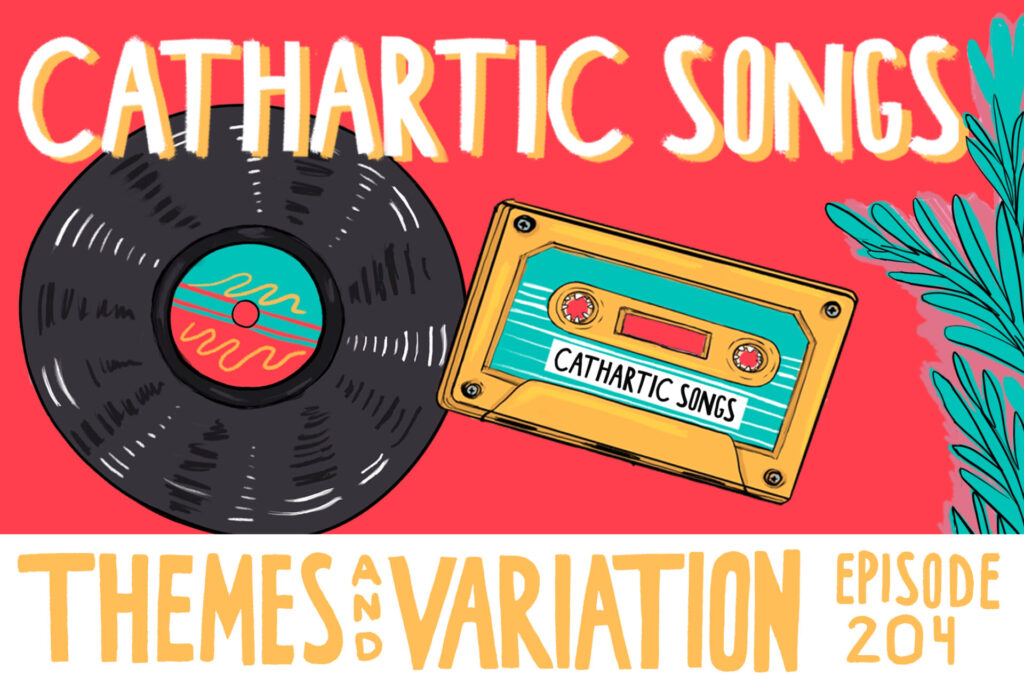
+ Welcome to Soundfly! We help curious musicians meet their goals with creative online courses. Whatever you want to learn, whenever you need to learn it. Subscribe now to start learning on the ’Fly.
Nicknames and the blues go hand in hand. They add another dimension to the artist’s persona and a flavor to their music that helps them stick in people’s minds for generations. Some blues nicknames are common, I’m sure you’ve all heard of the blind blues artists who have brought that characteristic into their moniker, but others are much more unique.
Here are a few notable ones we particularly enjoy. And if you’re in the mood to learn even more about the blues, head over to Soundfly’s free online course, A Conversation with the Blues, to learn all about the blues’ influence on American music in all its contemporary forms.
Bull City Red
Born George Washington — yes, George Washington — Bull’s nickname was actually a combination of two different ones. He was known by some as Bull City, the nickname for the town of Durham, North Carolina, where he grew up. And his other nickname, Oh Red, combined to make what is arguably one of the coolest blues nicknames ever.
Largely working as a sideman, Bull City Red was most closely associated with Blind Boy Fuller, Reverend Gary Davis, and Sonny Terry. Bull worked alongside these musicians in a band and all of them were blind except for him. Since they couldn’t see each other for cues, Bull would cue each one by touch in the recording studio.
According to many, his guitar playing was basically average, but he was exceptional on the washboard and had an expressive singing voice. The East Coast bluesman eventually struck out on his own, cutting stand out singles like “I Won’t Be Dogged Around.” Sadly, his career was cut short when he died at age 41 from complications during surgery.
H-Bomb Ferguson
Robert “H-Bomb” Ferguson grew up in a strict religious household. His father, a Baptist pastor, wanted young H-Bomb to learn piano to play in church. H-Bomb went along, but as soon as church let out, he would run back inside and play the blues. Hailed as an early pioneer of rock ‘n’ roll, H-Bomb was known for wearing eye-catching wigs while performing, and he continued to do so well into his lengthy career.
H-Bomb’s nickname came from the hydrogen bomb — a Rocket Age commentary on his powerful, booming voice. He was, in fact, a legendary Blues Shouter. Although he cut many singles throughout his career, his first album entitled Wiggin’ Out, did not come to fruition until 1993.
Howlin’ Wolf
Chicago Blues legend Howlin’ Wolf was actually born Chester Arthur Burnett — not a bad sounding name to start out with if you ask me. His earlier nicknames included “Big Foot Chester” and “Bull Cow,” neither of which sounded terribly auspicious for a career in blues. But fortunately, his grandfather started calling him Howlin’ Wolf, and it stuck. The nickname came out of his grandfather’s stories about wolves roaming the country and led to an astute name for the musician; his imposing size, feral nature on stage, and howling voice was known to both thrill and unsettle his audience.
Wolf had a hard life. He was cast out by his mother for playing the “devil’s music” early on, but ultimately went on to become one of the most successful African-American musicians of his day. Along with Muddy Waters, he is considered one of the two pillars of the Chicago Blues style, famously influencing musicians like Eric Clapton and the Rolling Stones.
Lead Belly
Huddie Ledbetter was born into devastating poverty on a Louisiana plantation in 1889, and spent a lot of his life in prison. His temper often got him into serious legal trouble (including convictions for murder and attempted murder), but his innate talent for music always got him out. While in prison, he wrote a song asking the governor for a pardon. The odds were stacked against Lead Belly, and not the least of which because he was a black prison inmate in the early half of the 20th century, but also because this governor vowed at his election never to pardon a prisoner. But after hearing the song and witnessing Lead Belly’s talent first hand, he issued a pardon. A master of the 12-string guitar, he even worked as a duo with icon Blind Lemon Jefferson for a time.
His nickname, though likely a creative variation on his last name, has conflicting stories surrounding it. Some say it was simply because Lead was notoriously tough. Others often contended that his nickname came from his legendary drinking abilities; he could drink the most disgusting rotgut moonshine and never fall ill. And then there are some who claim he once took a shotgun blast to the stomach and survived. Whatever the case, as Woody Guthrie put it, it was “the hard name of a harder man.” A human jukebox, Lead Belly could play hundreds of folk, blues, and traditional songs and wrote many of his own. He opined on subjects like Jean Harlow, Queen Elizabeth II (then a princess), the Titanic, and even Hitler.
Lead Belly’s influence on music is nearly incalculable. Generations of musicians including The Beatles, Van Morrison, Kurt Cobain, Bob Dylan, Neil Young, Frank Sinatra, Tom Waits, Keb’ Mo, and Jack White, just to name a select few, owe something to him. He is also owed a great debt by music historians; his encyclopedic knowledge of early folk music and his work with the Smithsonian helped bring those musical traditions to a new generation and preserve them forever.
Blues history is rife with great nicknames and even greater musicians, and these are just a small handful. In a lot of ways, blues history is American history. As you listen to these records you can hear the real, unvarnished experiences and life stories of these extremely talented (and sometimes troubled) musicians who came before us.
Improve all aspects of your music on Soundfly.
Subscribe to get unlimited access to all of our course content, an invitation to join our members-only Slack community forum, exclusive perks from partner brands, and massive discounts on personalized mentor sessions for guided learning. Learn what you want, whenever you want, with total freedom.




